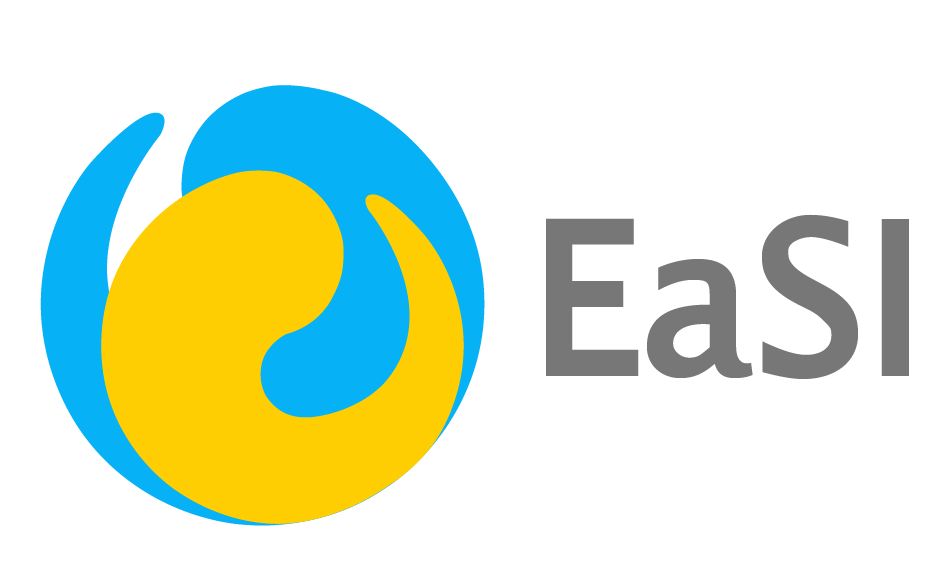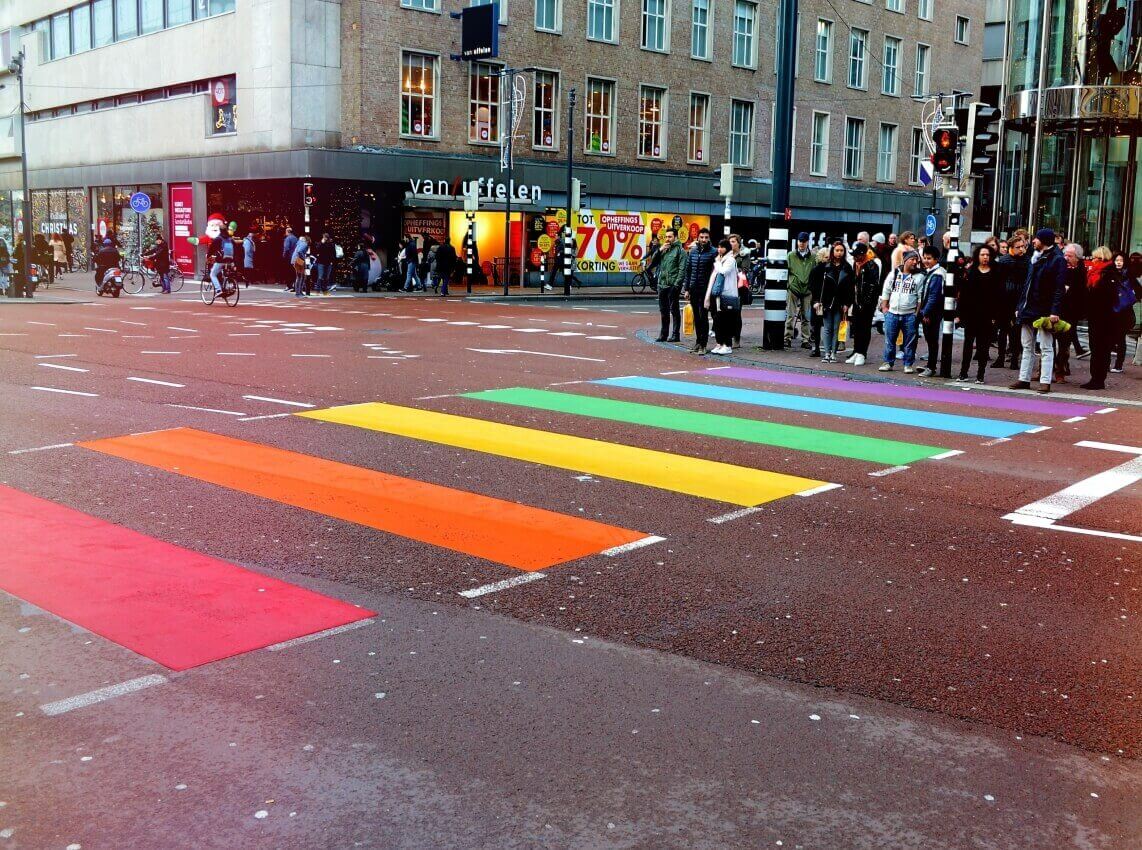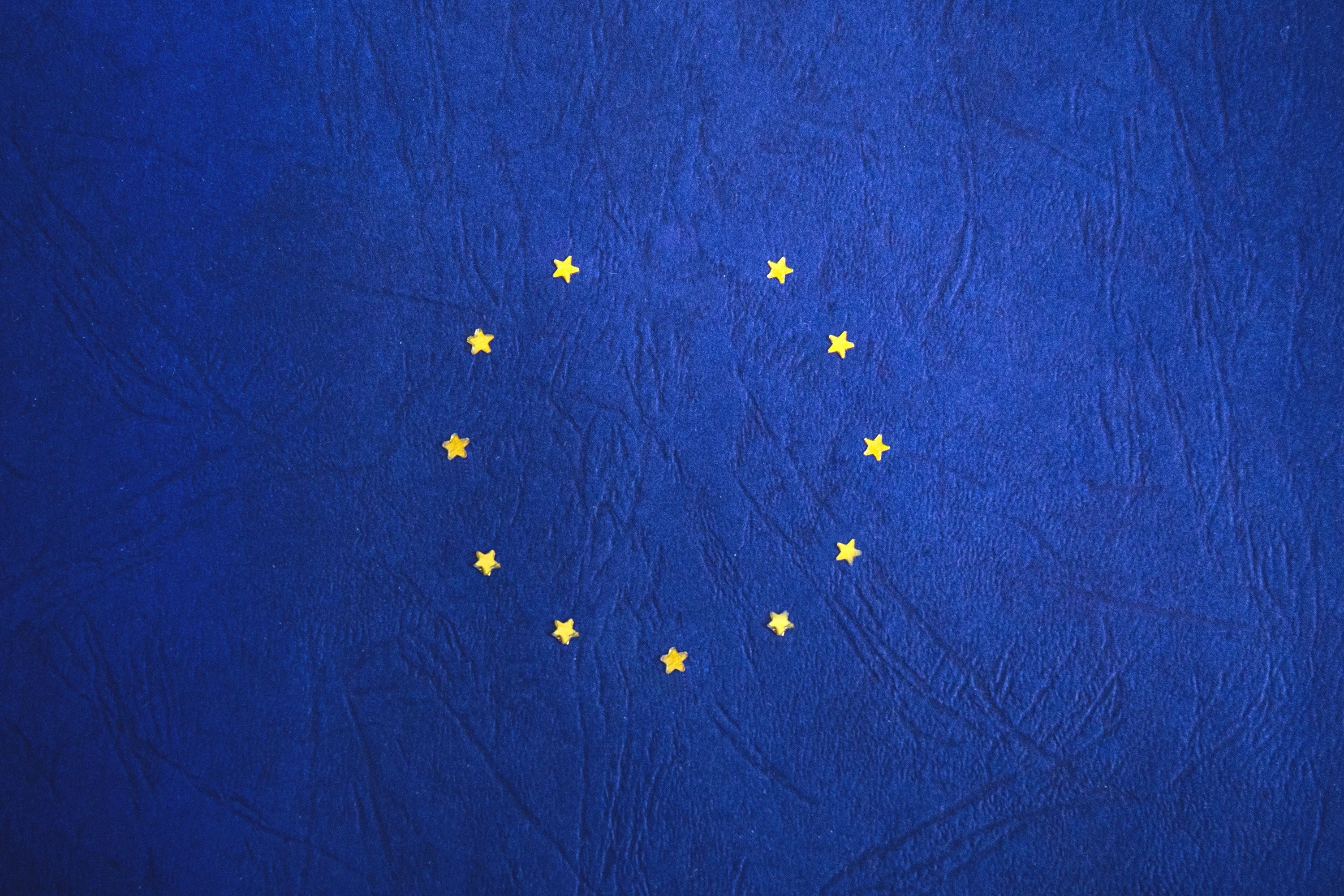(Non)formal Education and Skills Development
Skills development is becoming more and more important given the constant changes in the EU landscape. To adapt to the new realities, people need to gain relevant knowledge, from critical thinking, creativity, teamwork to flexibility, resilience, or cooperation. Acquiring such skills play a major role into developing successful careers and active citizens. Key competencies including literacy, numeracy, and digital skills are much needed in adjusting to the rapid changes in the EU economy, labour market and overall society’s evolution. Skills development refer to the productive capabilities acquired through all levels of learning and training, occurring in formal, non-formal, informal, and on-the-job settings (SIDA, 2018).
Non-formal education represents the planned, structured programmes and processes of personal and social education for people designed to improve a range of skills and competencies, outside the formal educational curriculum. In terms of certifying non-formal education achievements, steps need to be taken as they are usually difficult to certify, however, social recognition is increasing. Formal education encompasses the structured education system starting from primary school (in some countries from nursery) to university. It includes specialised programmes for vocational, technical, and professional training. Formal education usually leads to recognition and certification (European Youth Foundation, 2021).
Sources: European Youth Foundation, SIDA








